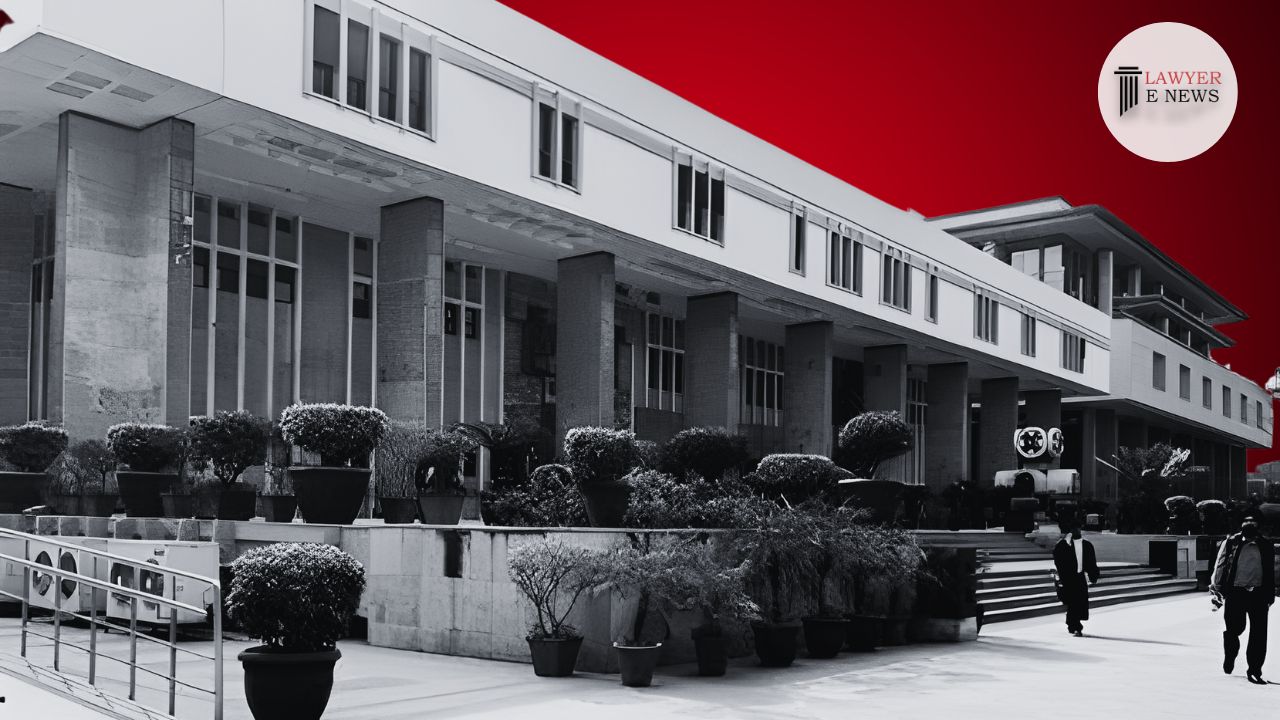-
by Admin
15 February 2026 5:35 AM



High Court grants interim injunction, directing defendants to remove defamatory content and make videos private within seven days.
Introduction:
The Delhi High Court has granted an interim injunction in favor of prominent journalist Rajat Sharma, directing the removal of allegedly defamatory social media posts and videos published by the defendants, including X Corp (formerly Twitter), Google India Pvt. Ltd., and Meta Platforms Inc., along with political figures Jairam Ramesh, Pawan Khera, and Ragini Nayak. The judgment, delivered by Justice Neena Bansal Krishna, underscores the balance between the right to free speech and protection against defamation, particularly for public figures.
The plaintiff, Rajat Sharma, a renowned journalist and TV anchor, sought an interim injunction for the removal of defamatory posts and videos. These posts, allegedly published by members of the All India Congress Committee (AICC) on platforms operated by X Corp, Google, and Meta, accused Sharma of using abusive language during a live debate on India TV. The defendants included senior AICC members Jairam Ramesh, Pawan Khera, and Ragini Nayak. Sharma contended that the posts and videos were false and had caused irreparable damage to his reputation.
Justice Neena Bansal Krishna noted the absence of abusive language in the original footage of the live debate. The court observed that the edited videos and social media posts presented a distorted version of the events. “The material as placed on record prima facie shows that even though there was no abuse given by the plaintiff to the defendant No. 6, subsequent videos inserted with statements such as ‘बौखलाए रजत शर्मा’, ‘रजत शर्मा ने दी गाली’, which prima facie seems to be a total misrepresentation of the true facts,” the judgment stated.
The court emphasized the delicate balance between the right to free speech and the right to protect one’s reputation. “While the threshold of public criticism and alleged defamatory posts on intermediary platforms is much higher, the individual dignity and honor of a person cannot be allowed to be defamed under the guise of the right to free speech and expression,” observed Justice Krishna. Citing precedents from the Supreme Court, the court reiterated that the dignity and reputation of an individual are protected under Article 21 of the Constitution.
Granting the ex parte injunction, the court highlighted the factors considered in such cases, including irreparable harm and balance of convenience. The court found that the plaintiff had established a prima facie case of defamation and that allowing the defamatory content to remain in the public domain would cause continuous harm to his reputation. “The irreparable loss and injury would be caused to the plaintiff if the videos and posts are allowed to remain in the public domain, as it would continue to cause harm to his reputation,” the court noted.
The judgment elaborated on the principles of defamation, particularly in the context of public figures. It referred to significant cases, including Morgan Stanley Mutual Fund vs. Kartick Das and Amish Devgan vs. Union of India, underscoring the protection of individual dignity alongside free speech. “A thin line of distinction exists between defamation and public criticism, and it is an onerous task for the courts to maintain this delicate balance," the judgment stated.
“The material as placed on record prima facie shows that even though there was no abuse given by the plaintiff to the defendant No. 6, but in subsequent videos, insertion has been made that prima facie seems to be a total misrepresentation of the true facts,” observed Justice Krishna.
The Delhi High Court’s decision to grant an interim injunction in favor of Rajat Sharma underscores the judiciary’s commitment to protecting individual reputation against defamatory attacks while balancing the right to free speech. The directive for the defendants to remove the defamatory content and make the videos private sends a strong message about the responsibility of public discourse and the need for accuracy in public statements. This judgment is expected to have significant implications for future cases involving defamation and free speech, particularly in the digital age.
Date of Decision: 14th June, 2024
Rajat Sharma vs. X Corp and Others
